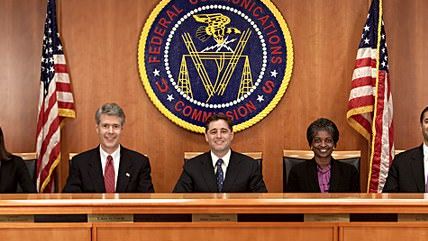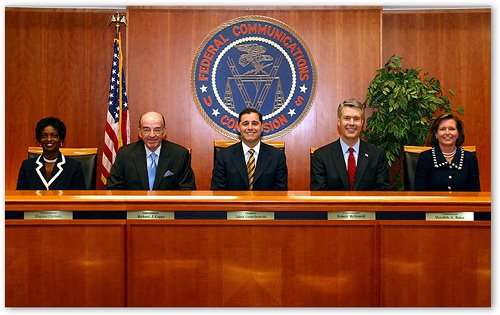FCC Says the Mobile Market Is Too Dynamic To Conclude That It's Competitive


Larry Downes, at CNet, has an excellent piece taking the Federal Communications Commission to task for refusing to concede that the the market for mobile communications is competitive. The FCC was charged by Congress with determining exactly that and, over the course of a 400-page report, the federal body hems, haws and asserts that the mobile industry is too dynamic to determine one way or the other, and that there's no clear definition of "competitive" anyway, so it can't tell. This, Downes credibly suggests, is a cynical effort by bureaucrats to head off conclusions that their services aren't needed.
There's a lot of verbiage in the 16th Mobile Competition Report, released March 21, but the gist is nicely captured here:
Given the Report's expansive view of mobile wireless services and its examination of competition across the entire mobile wireless ecosystem, we find that the mobile wireless ecosystem is sufficiently complex and multi-faceted that it would not be meaningful to try to make a single, all-inclusive finding regarding effective competition that adequately encompasses the level of competition in the various interrelated segments, types of services, and vast geographic areas of the mobile wireless industry.
We note as well that there is no definition of "effective competition" widely accepted by economists or competition policy authorities such as the U.S. Department of Justice (DOJ). …
We take an approach consistent with the Commission's first seven Annual CMRS Competition Reports, which did not reach an overall conclusion regarding whether or not the CMRS marketplace was effectively competitive, but provided an analysis and description of the CMRS industry's competitive metrics and trends. This Report, like the previous two Reports, adopts an approach similar to the earlier reports, but undertakes an expanded and more detailed competitive analysis of the entire mobile wireless ecosystem. We provide an analysis of whether or not there is effective mobile wireless competition, but refrain from providing any single conclusion because such an assessment would be incomplete and possibly misleading in light of the variations and complexities we observe.
As Bill the Cat might say, "Thppppt!"
But Downes adds a little more detail to his critique, writing:
Genachowski's tenure was marked by dubious interventions, large and small, in the markets over which the FCC has authority -- including broadcasting, cable, telephone, and mobile. While the chairman promised that the commission under his leadership would practice fact-based decision-making , the FCC instead frequently engaged in results-oriented politics aimed at supporting White House efforts to appear tougher on corporations.
Its refusal to find "effective competition" in the mobile ecosystem -- along with related non-conclusions on the pace of deployment of all broadband services -- was cynically designed to leave the chairman a free hand to activate emergency powers. These powers include everything from net neutrality to extracting conditions on a variety of spectrum transactions and mergers.
Downes goes on to deride the report as a "wasted opportunity" to recognize the dynamic, wide-ranging nature of a fast-evolving industry, but the report's fudged conclusions are more than that. They're yet more evidence that it's a really, really bad idea to allow government officials to determine whether or not their continued accumulation and exercise of power is necessary. So far as they're concerned, it always is.


Show Comments (23)